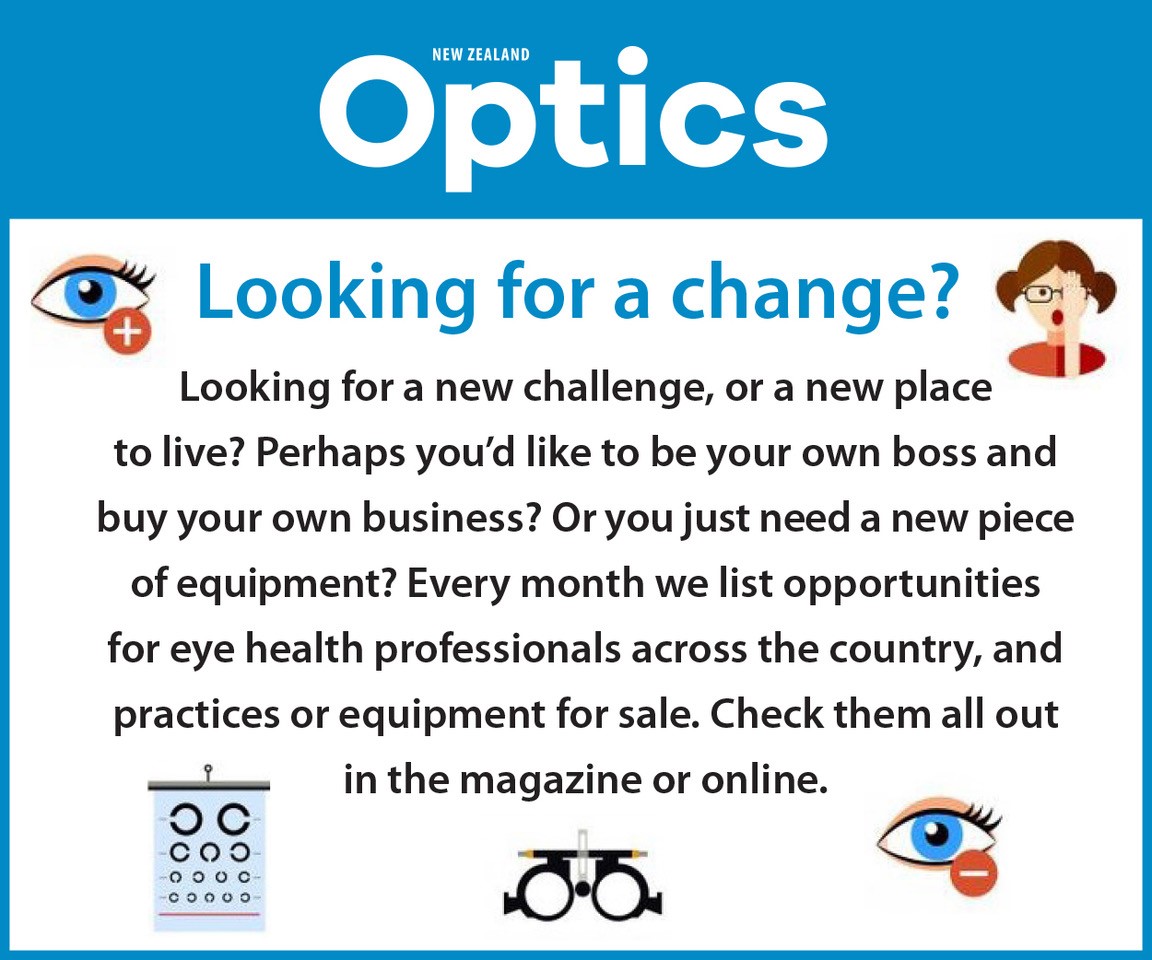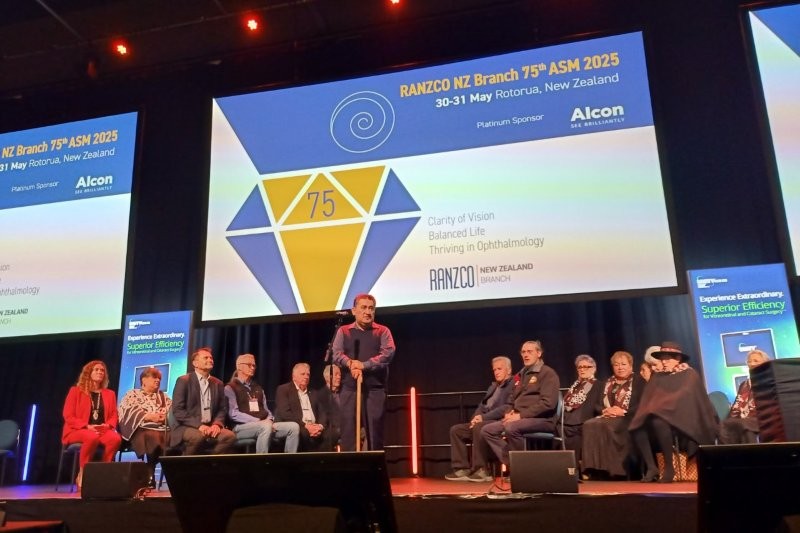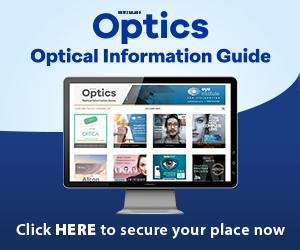Teamwork and a touching tribute
Dr Samantha Simkin reports on a thoroughly nice SOE congress in Nice…
The 2019 Congress of the European Society of Ophthalmology (SOE) opened in the beautiful French seaside resort of Nice. With blazing sunshine outside and so much to learn inside, it was primed to be an excellent few days of learning, networking and exploring.
Four days of learning comprised of a large range of sessions with keynotes, symposia, courses, free papers, rapid fires and electronic posters. It was hard to know where to look first! But it meant there was always an interesting session to attend, whether you wished to delve deeper into your area of interest or take the opportunity to extend your knowledge in some other way. The congress was opened by outgoing SOE president Jan Tjeerd De Faber. His opening theme of working together resonated with me throughout my time in Nice. It was displayed in the range of symposia hosted by the societies working with SOE and throughout the multi-disciplinary sessions, which all echoed the importance of team work.
Paediatric ophthalmology
The European Paediatric Ophthalmological Society, in conjunction with SOE, hosted a symposium on the Challenges in Retinopathy of Prematurity (ROP). The session featured a panel of speakers prominent in the field, including Professor Gerd Holmström from Sweden, consultant paediatric ophthalmologist Gill Adams from Moorfields in the UK and Professor of Paediatric Ophthalmology Nicoline Schalij-Delfos from the Netherlands. Although the session was labelled ‘challenges’, what impressed on me most was the number of solutions presented such as: utilising a multi-disciplinary team and technology to increase access to screening; seeking second opinions via telemedicine to manage challenging cases; and building closer relationships with neonatology care to manage complex cases. All solutions involved team work and collegiality. The session was topped off with a series of interactive cases between the panel and the audience. This cemented the learning by emphasising the team approach and effort required to care for children at risk of ROP.
A further stand-out was a session organised in conjunction with the American Academy of Pediatric Ophthalmology and Strabismus, which focused on children with learning disabilities. Dr Melinda Rainey, a paediatric ophthalmologist from Austin, Texas, emphasised the team approach to supporting children with learning difficulties that includes, but is not limited to, an eye team. Reading, and therefore learning, is a complex process where meaning needs to be extracted from written symbolic characters. This learned task improves with practice, as you see in a child learning to read. Poor vision impacts on the ability of a child to learn this process, as do processing disorders, hearing disorders and other aspects. Our role as eye care professionals is to ensure there is not an ocular component to the learning difficulty and to correct this if there is. However, our job should not stop there; we should ensure that appropriate referrals and support is sourced for these children. This support team could include the parent, classroom teacher, educational support, paediatrician, audiologist, educational psychologist and many others, depending on the child. Dr Rainey recommended that if you regularly work with children, the knowledge of your local ‘team’ who supports them is essential in providing the best support package to help them not just to see, but to succeed.
Low vision
I was honoured to present in the low vision multidisciplinary session, which celebrated the whole team that exists in eye care. The session combined talks about low vision from a vast range of health professionals including an orthoptist, a paediatric ophthalmologist, an optometrist, someone who worked in an aged care facility, and, most importantly, someone who shared their lived experience as a patient. The combination of these perspectives reminded me of the wonderful privilege we all have of working in eye care, but equally the responsibility we share. Dan Williams shared his experience of being diagnosed with retinitis pigmentosa at eight years old, but not being connected to support services until he was 18. He suffered severe depression. Accessing support services marked a major turning point in his life. Williams now runs a large company called Visualise Training and Consultancy, which provides training to businesses on inclusivity in the work place. His outcome is one we hope for; seeing individuals with vision loss succeed. But his journey is one we hope our patients avoid, through our team work, not just with health, but with wider support services and education. Williams left us with this quote, “Never assume that you know what someone sees, feels or if they are supported – always ask!”
Professor Janet Marsden: a tribute
The final session, that must be mentioned, was a very special one in loving memory of an ophthalmic superstar – Professor Janet Marsden. Our own Sue Raynel and Professor Charles McGhee shared the impact she had in the ophthalmic community in New Zealand and around the world. It was a touching and emotional session. Janet was a champion of the team approach to eye care and I think she would have loved the overarching theme of team work that was SOE 2019.
Dr Samantha Simkin is a therapeutically-qualified working optometrist, member of the BLENNZ National Assessment Team and the Stevenson post-doctoral research fellow at the University of Auckland. Her research focuses on newborn ocular screening, causes of visual impairment in children and management of children with low vision.


























